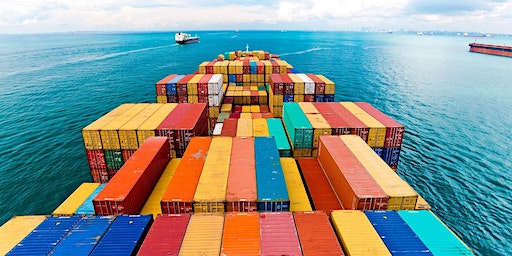The African Continental Free Trade Area (AfCFTA) is a continent-wide initiative aimed at promoting economic integration and sustainable development in Africa. To foster sustainable development through AfCFTA, the following measures can be taken:
- Promote green growth: Encourage member countries to adopt sustainable practices and technologies that promote low-carbon and resource-efficient economic activities. This can include investing in renewable energy, promoting sustainable agriculture, and implementing eco-friendly industrial practices.
2. Enhance regional value chains: Develop and strengthen regional value chains to reduce dependence on raw material exports and promote value addition within Africa. This can involve encouraging intra-African trade, supporting local industries, and promoting regional cooperation in manufacturing and services sectors.
3. Support small and medium-sized enterprises (SMEs): Promote the participation of SMEs in regional trade by providing them with access to finance, market information, and technical assistance. This can help create jobs, foster entrepreneurship, and contribute to inclusive economic growth.
- Foster social inclusion: Ensure that the benefits of AfCFTA are inclusive and reach marginalized groups such as women, youth, and people in rural areas. Implement measures to enhance their participation in trade activities and create opportunities for their economic empowerment.
- Strengthen institutions and governance: Enhance the capacity of regional institutions responsible for implementing and monitoring AfCFTA to ensure effective governance and enforcement of trade rules. This can include capacity building, promoting transparency, and establishing mechanisms for dispute resolution.
- Invest in infrastructure: Improve regional infrastructure such as transport, energy, and digital connectivity to reduce trade costs, facilitate movement of goods and services, and promote regional integration. This will require investments in infrastructure development and maintenance.
- Address environmental challenges: Develop strategies to mitigate the environmental impacts of increased trade and economic activities. This can include measures to manage waste and pollution, protect natural resources, and promote sustainable land use practices.
- Promote cross-border cooperation: Encourage collaboration between member countries to address common challenges related to sustainable development, such as climate change mitigation, biodiversity conservation, and disaster management. This can involve sharing best practices, knowledge, and experiences.
Overall, fostering sustainable development through AfCFTA requires a holistic approach that integrates economic, social, and environmental considerations. By promoting sustainable practices, supporting inclusive growth, and strengthening institutions, AfCFTA has the potential to contribute to Africa’s sustainable development agenda.


























